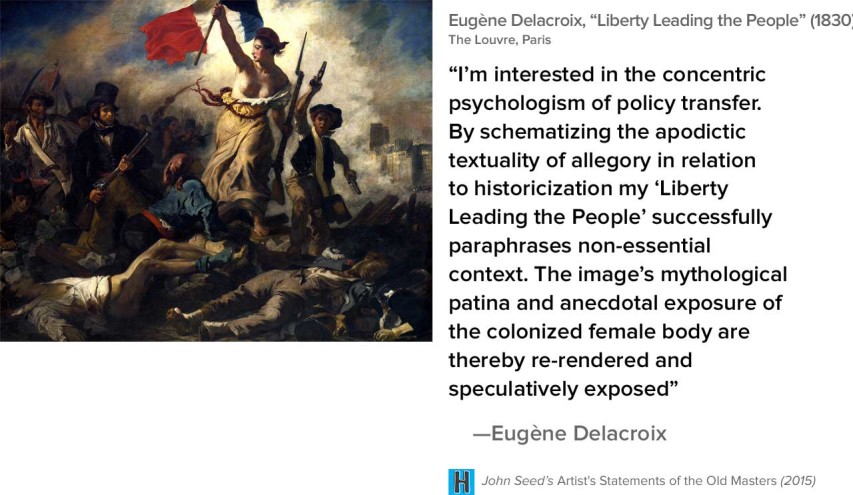At Coyote Blog, Warren Meyer explains how one particular economic study wields far more influence in the fast food/minimum wage debate than any other similar study:
Pick a progressive on the street, and in the unlikely event they can name any economic study, that study will probably be Card and Krueger’s study of the effect of a minimum wage increase in New Jersey. Sixty bazillion studies have confirmed what most of us know in our bones to be true, that raising the price of labor decreases demand for that labor. Card and Krueger said it did not — and that a minimum wage increase may have even increased demand for labor — which pretty much has made it the economic bible of the Progressive Left.
What intrigues me is that Card and Krueger specifically looked at the effect of the minimum wage on large chain fast food stores. In this study (I will explain the likely reason in a moment) they found that when the minimum wage increased for all businesses in New Jersey, the employment at large chain fast food restaurants went up.
So I wonder if the Progressives making this ruling in New York thought to themselves — “we want to raise the minimum wage. Well, the one place where we KNOW it will have no negative effect from Card and Krueger is on large fast food chains, so…”
By the way, there are a lot of critiques of Card & Krueger’s study. The most powerful in my mind is that when a minimum wage is raised, often the largest volume and highest productivity companies in any given business will absorb it the best. One explanation of the Card & Krueger result is that the minimum wage slammed employment in small ma and pa restaurants, driving business to the larger volume restaurants and chains. As a whole, in this theory, the industry saw a net loss in employment and a shift in employment from smaller to larger firms. By measuring only the effect on larger firms, Card and Krueger completely missed what was going on.





